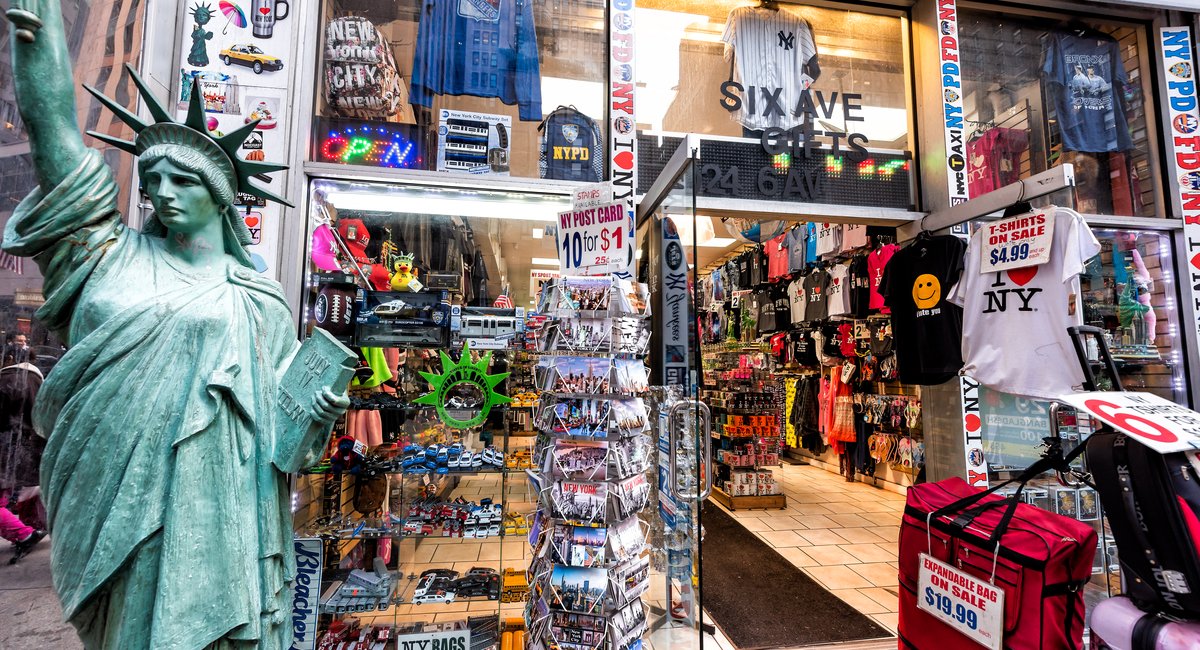Almost half of more than 300 businesses surveyed in New York City are leaving their doors open while blasting air conditioning or failing to post required safety signs — a violation of local laws designed to reduce energy use and mitigate carbon emissions.
Just 54% of 322 businesses were fully compliant with the city’s air conditioning laws, according to new fieldwork conducted by the City Council’s oversight and investigations division and shared with Gothamist.
Leaving a door open on a hot summer day may be a good way to draw in customers. But it also drives up energy bills and contributes to pollution and global warming, according to the Natural Resources Defense Council.
City law requires all stores to keep their doors closed while the air conditioning is running. Businesses with five or more locations must also post a sign letting people know how to report A/C violations, like open doors.
Most of the violations had more to do with paperwork than wasted cold air. The investigation, conducted on July 21 and July 27 — both days when temperatures reached 85 degrees — found that among non-compliant businesses, 24% of chains did not have the appropriate signage and 16% of stores had their doors open.
The rest had either incorrect signage or multiple issues that violated the law.
“If it’s a really hot day and you walk by and you feel cool air from a store that’s got their door open, you may like it. But it’s not good for the ozone layer, it’s not good for the planet,” said Councilmember Gale Brewer of Manhattan, who chairs the Council’s oversight and investigations committee and authored the air conditioning laws.
Manhattan had the highest concentration of businesses that kept doors open while running A/C — with 26% of stores found out of compliance — followed by the Bronx at 25%, according to the study.
Brooklyn had the most chains without proper signage, with 25 observed businesses.
Brewer said she understands why the practice persists, especially when many businesses aren’t aware of the law.
“The issue for me always with small businesses is to try to educate them first and then to fine them if they are not compliant. I am a strong believer in that,” she said.
Violators can receive a warning for the first offense, followed by fines of several hundred dollars for repeat violations.
Correction: This story has been updated to clarify the study’s findings apply to a sample of businesses. It also now states which Council committee Brewer chairs.
